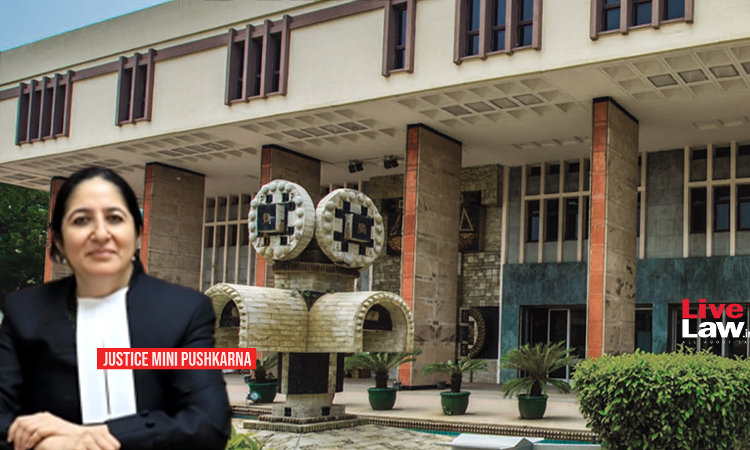The Delhi High Court has ruled that the parties would be governed by the arbitration clause contained in the Contract, even though the arbitration clause is not specifically incorporated in the purchase orders. The bench of Justice Mini Pushkarna held that the purchase order was not independent of the Contract and that the parties clearly intended the Contract to be the main...

